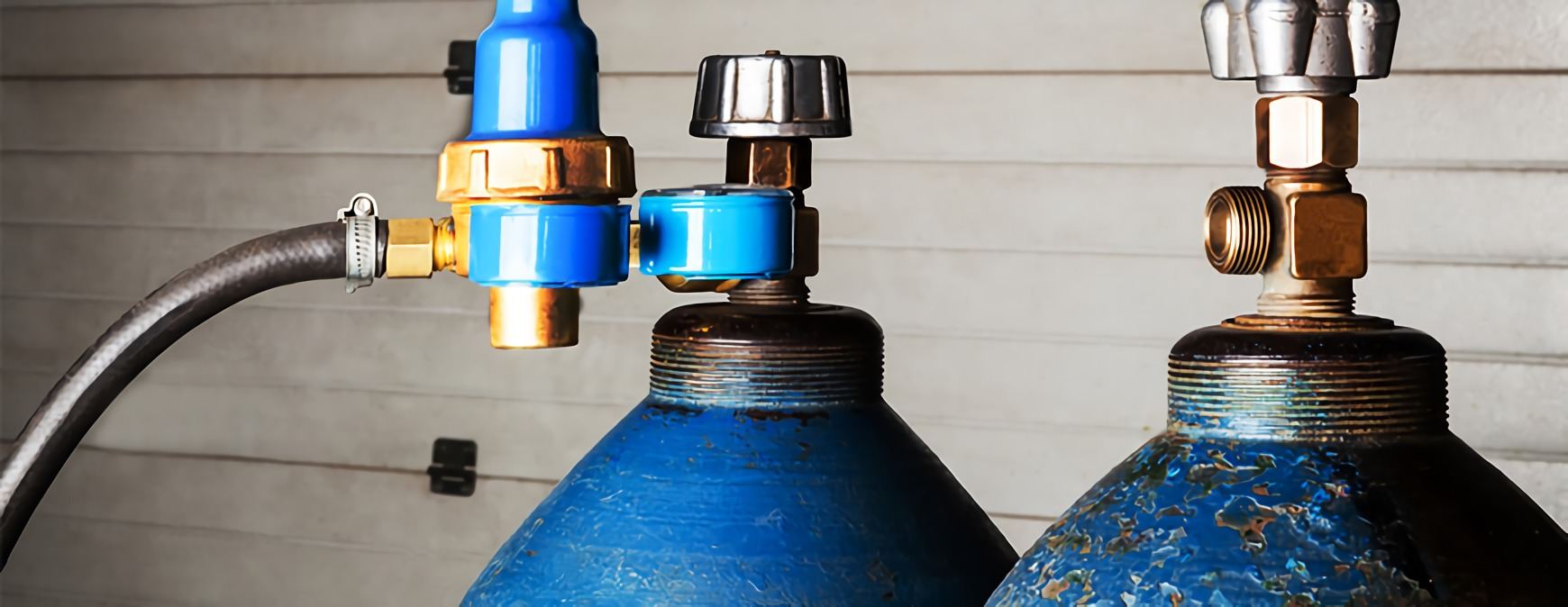
Refrigerant recovery technology has come a long way in the last 25 years, but many HVAC/R technicians still find that it takes a long time to perform this step during service calls. When schedules are tight, technicians may be tempted to vent refrigerant instead of recovering it. Taking such a shortcut is a big mistake. 1
Why Do You Recover Refrigerant?
Refrigerants play an important role in the heat transfer process that makes air conditioning and heating systems possible. Some of the most common refrigerants are chlorofluorocarbons (CFCs), hydrochlorofluorocarbons (HCFCs), and hydrofluorocarbons (HFCs). In recent years, the Environmental Protection Agency (EPA) has been phasing out these refrigerants because they contribute to ozone layer depletion and increase the potential of global warming. The agency has also prohibited technicians from intentionally or knowingly venting refrigerants that harm the environment under Section 608 of the Clean Air Act. Section 608 mandates that technicians recover refrigerants containing CFCs, HCFCs, and HFCs instead of venting them. 2
The consequences for violating the Clean Air Act include civil fines and criminal prosecutions. 3 As recently as 2016, an Ohio HVAC employee was sentenced to over 4 years in jail and fined $29,045 for venting R-22 illegally. 4
There are other important reasons to recover refrigerant besides the law. It’s beneficial for the environment, as it reduces the amount of harmful refrigerants entering it. As supplies of R-22 continue to diminish, HVAC/R businesses can sell the refrigerant they recover to reclamation companies, adding to their revenues. 5
What Is Refrigerant Recovery?
Refrigerant recovery has two phases. In the first, the need for the use of environmentally harmful refrigerants is reduced and eventually eliminated. For example, under the EPA’s R-22 Phaseout, the import or production of R-22 will be banned on January 1, 2020. After that date, HVAC/R technicians will only be able to find recycled or reclaimed quantities of R-22.
Get Started on the Path to a New Career
Fill out our form to learn how we can help you change your life.
Refrigerant reclamation is the second phase of refrigerant recovery. Reclamation is the evacuation of refrigerants from HVAC/R equipment. 6 Once reclaimed, the refrigerant can be recycled, which means oils and debris are removed from the refrigerant so that it can be reused. 7 Recycling can be performed at the service site, but the refrigerant must reenter the original equipment it was initially extracted from. If the recovered refrigerant is going to be used in new equipment, it must be sent offsite to a reclamation facility to undergo an EPA-regulated purification process. 8 If the recovered refrigerant is too contaminated to recycle or reclaim, an EPA-certified reclaimer will dispose of it in adherence with federal regulations. 9
How Do You Recover Refrigerant?
The first step to recovering refrigerant legally is obtaining EPA Section 608 Technician Certification. Any technician adding refrigerant to or removing refrigerant from HVAC/R equipment must have one of the four types of certification. Type I is for servicing small appliances, Type II is for high pressure heating or air conditioning systems, and Type III is for low-pressure units like chillers. Universal certification covers Types I through III. The equipment technicians use to recover or recycle refrigerants must also meet the EPA’s certification requirements. 10
Staying Informed of HVAC/R Industry Laws
While still in refrigeration training, it can be helpful for future HVAC/R technicians to keep track of the rules and regulations governing the industry. That way, when they graduate and enter the field, they’re not violating any laws while performing their work.
Additional Sources
1 – http://www.achrnews.com/articles/134830-the-need-for-speed
2 – http://www.phaseoutfacts.org/refrigerant+recovery.aspx
3 – https://www.epa.gov/ozone-layer-protection/enforcement-actions-under-title-vi-clean-air-act
4 – https://www.acca.org/blogs/barton-james/2016/08/12/54-months-of-jail-time-for-illegal-r22-refrigerant-venting
5 – http://www.achrnews.com/articles/134830-the-need-for-speed
6 – http://www.wisegeek.com/what-is-refrigerant-recovery.htm
7 – http://www.phaseoutfacts.org/recycling+refrigerants.aspx
8 – http://www.phaseoutfacts.org/reclaim+refrigerants.aspx
9 – http://www.phaseoutfacts.org/refrigerant+disposal.aspx
10 – https://www.epa.gov/section608/refrigerant-recovery-and-recycling-equipment-certification
This blog has been labeled as archived as it may no longer contain the most up-to-date data. For a list of all current blog posts, please visit our blog homepage at https://www.rsi.edu/blog/

